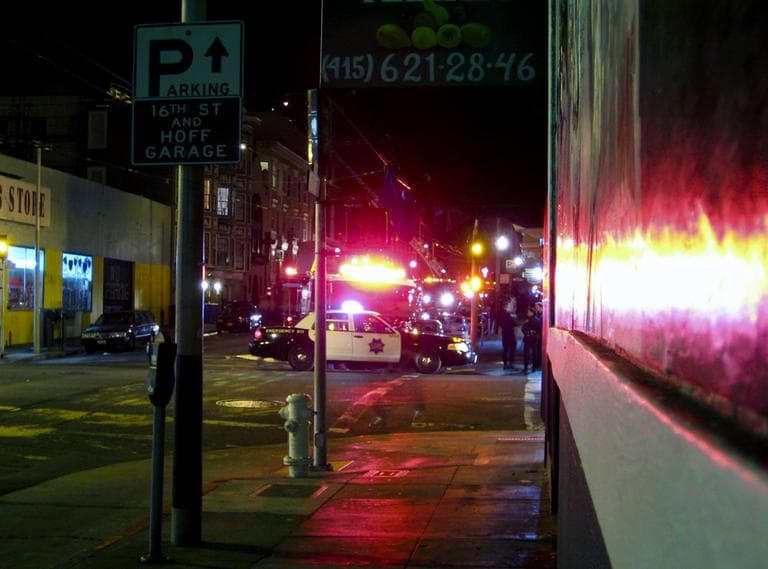Advertisement
'Don't Shoot:' The End Of Inner City Violence
Resume
The early '90s were a particularly deadly time in Boston's history. As the crack epidemic swept through inner city neighborhoods across the country, in Boston gang violence raged out of control and the murder rate hit an all time high.
Since then, homicides have come down dramatically. Over the years, there's been a lot of talk about the so called "Boston Miracle," a series of law enforcement and community-based approaches that helped reduce gang-related violence.
David Kennedy was among those who played a big role in designing what back then was a new approach to urban violence called Operation Cease Fire. Kennedy is a largely self-taught criminologist whose strategy has been deployed in over 50 U.S. cities — in many cases, with stunning success.
His new book is called "Don't Shoot: One Man, A Street Fellowship, and the End of Violence in Inner City America." Kennedy is professor of criminal justice at John Jay College and the director of the Center for Crime Prevention and Control in New York.
There's a lot to talk about when it comes to preventing inner city violence, but at the core, Kennedy's is a simple strategy. At its heart is the idea that law enforcement, in cooperation with community leaders, offer gang members a way out.
Guest:
- David Kennedy, director, Center for Crime Prevention and Control; author, "Don't Shoot"
- James Dauphine, director of programs, Ella J. Baker House
This segment aired on October 13, 2011.